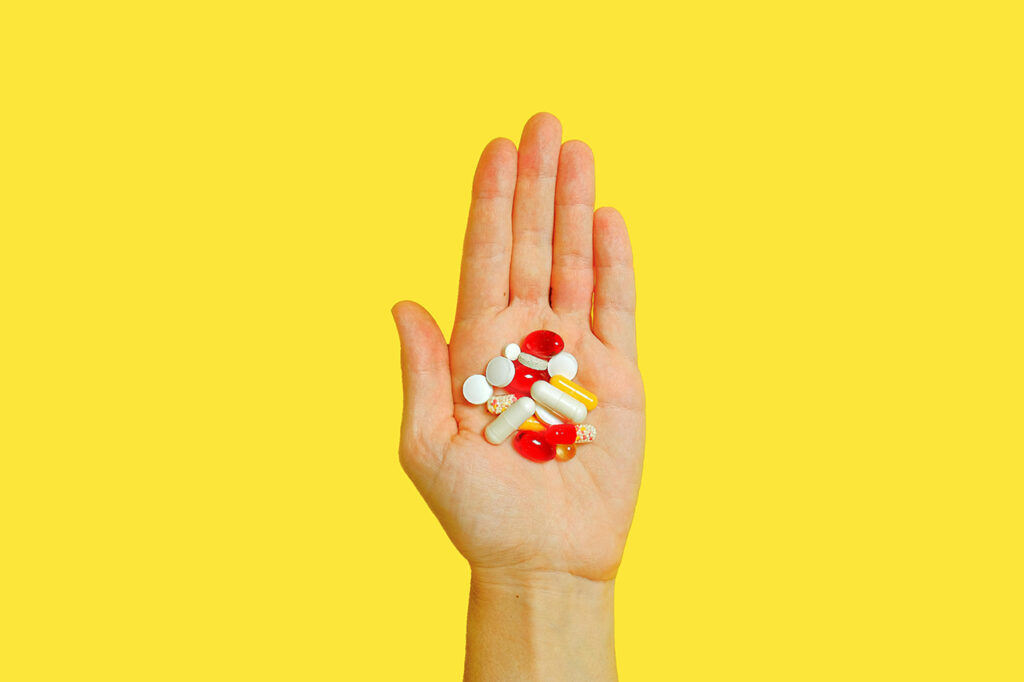
The appetite-suppressing effects of GLP-1 drugs can also lead to reduced food intake, potentially resulting in nutritional deficiencies. In this blog, we’ll explore the key nutrients that might be at risk and how to address them.
Vitamin B12 Deficiency
One of the most common concerns with GLP-1 medications is a potential deficiency in vitamin B12. These drugs slow down the digestion process, which can affect the absorption of B12, particularly in individuals with already low levels or those who have been on long-term therapy. Vitamin B12 is crucial for red blood cell production, nerve function, and DNA synthesis.
Signs of Deficiency: Fatigue, weakness, memory problems, and tingling in the hands and feet.
Prevention: Include B12-rich foods in your diet, such as meat, fish, dairy, and fortified cereals. If necessary, consider a B12 supplement, especially if you’ve been on GLP-1 therapy for an extended period.
Folate (Vitamin B9) Deficiency
Folate is essential for DNA synthesis and cell division. GLP-1 drugs can potentially impact folate absorption due to changes in the gastrointestinal system. This nutrient is particularly important for women of childbearing age, as it helps prevent neural tube defects in the developing fetus.
Signs of Deficiency: Fatigue, irritability, and anemia.
Prevention: Ensure adequate intake of folate through leafy greens, legumes, and fortified grains. If your dietary intake is insufficient, a folate supplement may be recommended.
Vitamin D Deficiency
Vitamin D plays a crucial role in bone health, immune function, and mood regulation. Weight loss, often seen with GLP-1 therapy, can lead to fluctuations in vitamin D levels. Additionally, reduced sun exposure or a diet low in vitamin D can exacerbate the deficiency.
Signs of Deficiency: Bone pain, muscle weakness, and a higher risk of fractures.
Prevention: Consider a vitamin D supplement, especially during the winter months or if you have limited sun exposure. Aim for a daily intake of 1000-2000 IU of vitamin D3, and include foods like fatty fish, fortified dairy, and egg yolks in your diet.
Calcium Deficiency
Calcium is essential for strong bones and teeth, as well as proper muscle and nerve function. With a decrease in food intake, there’s a risk of not getting enough calcium, which can lead to weakened bones over time.
Signs of Deficiency: Muscle cramps, brittle nails, and an increased risk of osteoporosis.
Prevention: Make sure you’re getting 1000-1200 mg of calcium daily. This can be achieved through dairy products, leafy greens, fortified plant milks, and supplements if necessary.
Protein Deficiency
Since GLP-1 drugs can significantly reduce appetite, it’s possible that protein intake may decrease, leading to potential muscle loss and a slower metabolism.
Signs of Deficiency: Muscle weakness, fatigue, and a weakened immune system.
Prevention: Focus on including high-quality protein sources in your diet, such as lean meats, fish, eggs, dairy, legumes, and nuts. If you’re struggling to meet your protein needs through food, consider a protein supplement.
Fiber Deficiency
Fiber is crucial for digestive health, blood sugar control, and maintaining a healthy weight. A reduced appetite might lead to lower intake of fiber-rich foods like fruits, vegetables, and whole grains.
Signs of Deficiency: Constipation, bloating, and increased blood sugar levels.
Prevention: Aim to include plenty of fiber-rich foods in your diet. If you’re not getting enough through food, a fiber supplement can help.
